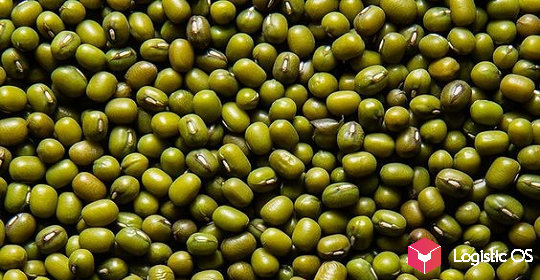At present, the country is fully provided with cereals of its own production. Everything suggests that this state of affairs will continue next season.
As Vladimir Petrichenko, CEO of the analytical company ProZerno, noted, for a number of crops this year the collection may be even higher than in the previous one.
And this applies even to rice, which caused concern last season: a serious accident at the Fedorovsky hydroelectric complex in the Krasnodar Territory called into question the rice harvest, because it absolutely needs water for growth, and this region is the main rice producer in the Russian Federation.
However, in the end, they still managed to harvest a good rice crop — over 920,000 tons. Therefore, Russia did not need to switch to importing this product.
Last season, Russia produced 952,000 tons of buckwheat, compared to 928,000 tons a year earlier.
The production of millet groats increased from 254 thousand tons to 289 thousand tons, and only for rice there is a decrease: from 57 thousand tons to 54 thousand tons.
But in general, the production of cereals in 2022 increased compared to 2021.
It is also important that the majority of processing enterprises in the country are fully provided with raw materials and loaded with work.
And since cereal crops are currently becoming cheaper, such enterprises have a good opportunity to increase their margins.
Prices for cereals are falling
They follow the general trend that reigns in the grain market.
For example, in recent months, wheat prices have been steadily falling, as last year’s harvest puts pressure on prices.
We see the same thing with cereals.
For example, in recent months, rice has fallen in price from 65.3 thousand rubles per ton to 62.9 thousand, buckwheat — from 44.2 thousand to 42.1 thousand, millet — from 28.1 thousand to 27.4 thousand.
The reasons are the same — a large supply from agricultural producers against the backdrop of sluggish demand, the Institute for Agricultural Market Studies noted. And while there are no factors that could reverse this trend in the foreseeable future.
For the population, this is rather positive, because there is no reason to expect a rise in the price of cereals in stores, which was observed last year: buckwheat skyrocketed in price due to rush demand in early spring, and rice rose in price when it became known about the accident at the Fedorovsky hydroelectric complex.
But the government quickly took measures to avoid, in particular, a shortage of rice.
“Record production, a ban on exports, the expectation that the new crop of raw rice will not decrease too significantly, the fall in prices for imported rice led to the stabilization of the price situation in the second half of 2022,” said ICAR Deputy General Director Irina Glazunova.

